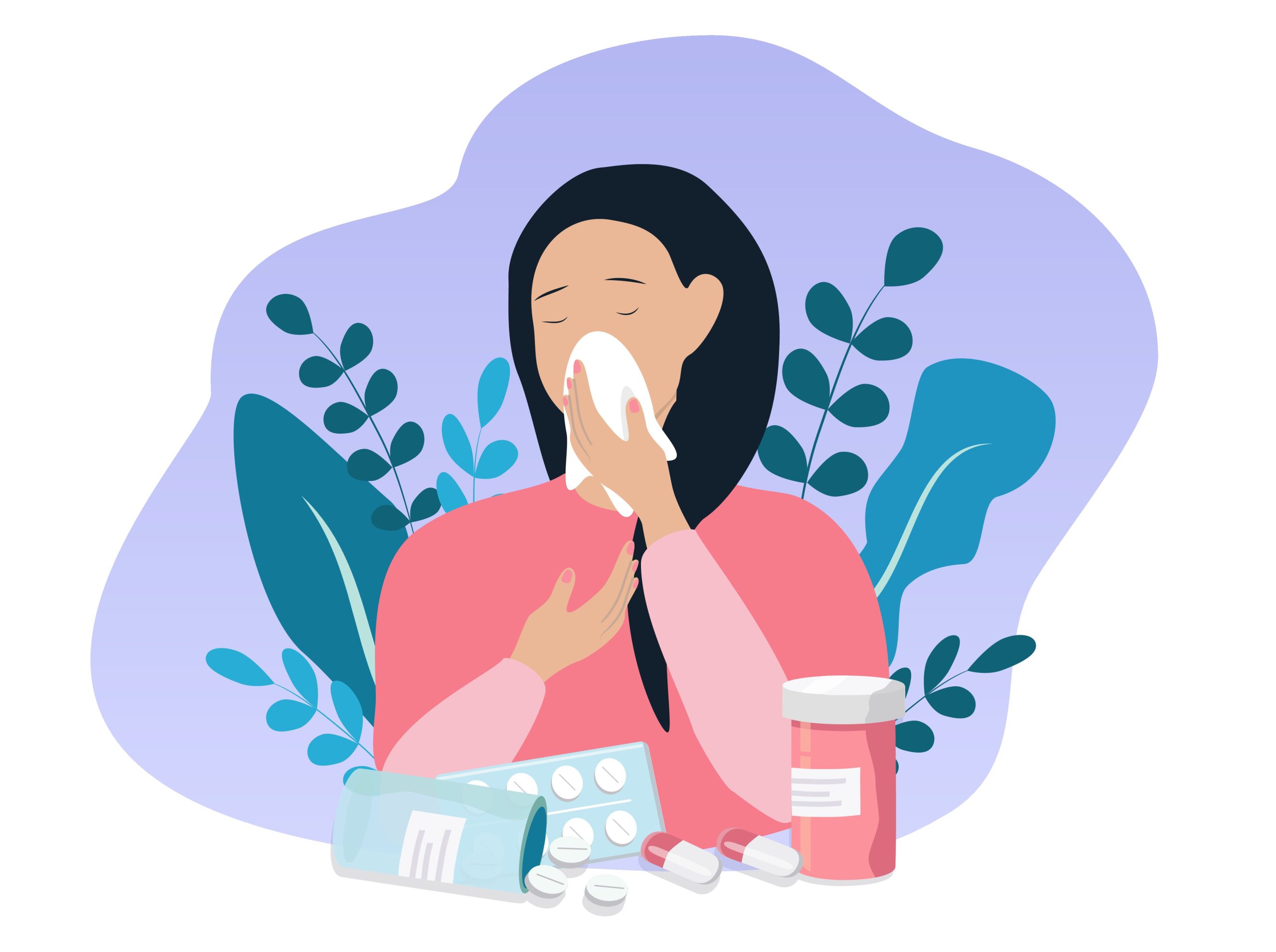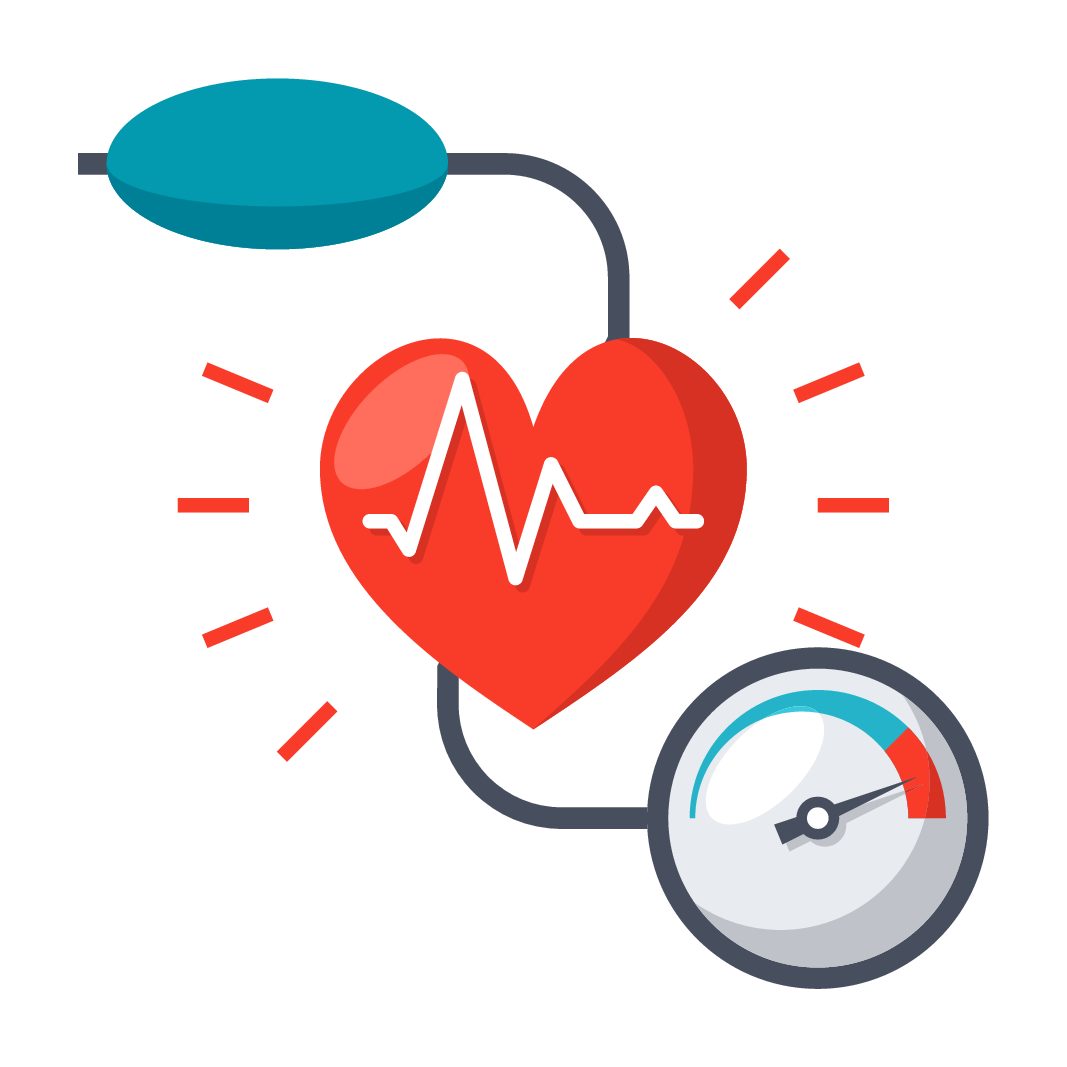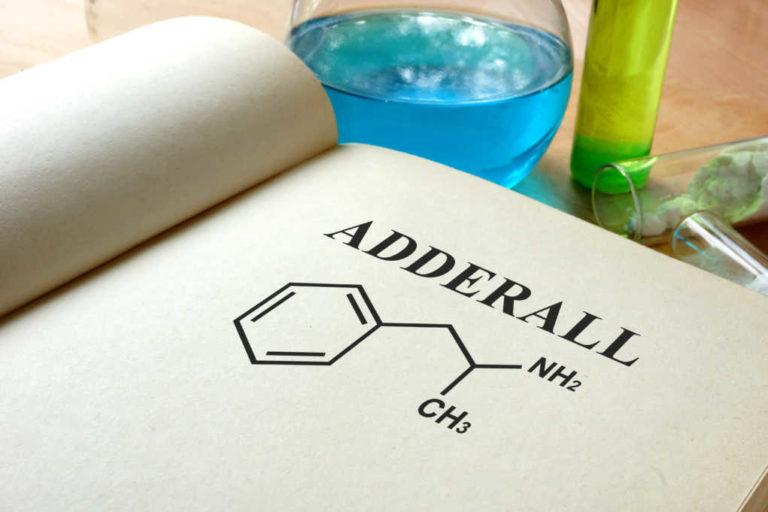The immune system protects you against harmful germs.
It creates antibodies to attack any invaders it detects. This process helps protect your body from disease-causing organisms like bacteria and viruses.
This same defense mechanism can sometimes react to substances that are harmless, such as pollen and peanuts. The body will treat them as dangerous.
What happens when you have an allergic reaction?
Food Allergies
Food allergies usually appear within minutes, if not seconds after consuming the allergenic food.
Symptoms include:
- A tingling sensation or itching of the mouth
- itchy red rash (hives)
- Swelling of the face, throat or other areas
- difficulty in swallowing
- dizziness and lightheadedness
- nausea and vomiting
- abdominal pain
- diarrhea
Anaphylaxis may occur in severe cases. This is a medical emergency that requires immediate treatment. If you have any of these symptoms, seek medical attention right away.
- swollen tongue
- breathing difficulties
- tight chest
- difficulty swallowing or talking
- feeling dizzy
- fainting or collapse
Seasonal Allergies
Hay fever is also known as seasonal allergies. These are caused by allergens such as pollen, grasses and dust.
The symptoms usually appear when an allergen is in the air and disappear when it is not in season.
Seasonal allergies can be characterized by:
- runny nose
- sneezing
- nasal congestion
- postnasal drip
- red, itchy eyes with watery swollen membranes
- Itchy throat, nose or roof of mouth
- fatigue
Most of these symptoms can be treated with over-the counter medications.
Skin Allergies
Itchy patches and rashes can be caused by food allergies or contact dermatitis, a skin reaction.
This can be caused by cosmetics, detergents, fabrics, metals, plants, or any other material that comes into contact with the skin.
Allergy, Cold, or Flu?
It can be difficult to distinguish between allergies and infections because they share many symptoms.
Allergies are rare or not present in
- fever
- Aches and Pains
- fatigue
- exhaustion
- chest discomfort
You are most likely suffering from a cold, flu or allergy if you have any of the symptoms listed above.
Allergy Treatments
The best way to control your allergies is to avoid them. Blood tests and skin testing can be used by your doctor to diagnose and identify which allergen is causing your symptoms.
Treatment Strategies Typically involve medications such as antihistamines or corticosteroids.
In severe anaphylaxis cases, epinephrine should be administered immediately. If you know that you have an extreme allergy to food or another substance, it is important to carry an auto-injector of epinephrine with yourself.
Some people may opt for immunotherapy, which involves repeated injections of the allergen to prevent further reactions. This treatment is only used after other treatments have failed due to the risks.
Most people do not have life-threatening allergies. They can be controlled with medication, lifestyle changes, and avoidance. Speak to your doctor about any concerns you may have.







